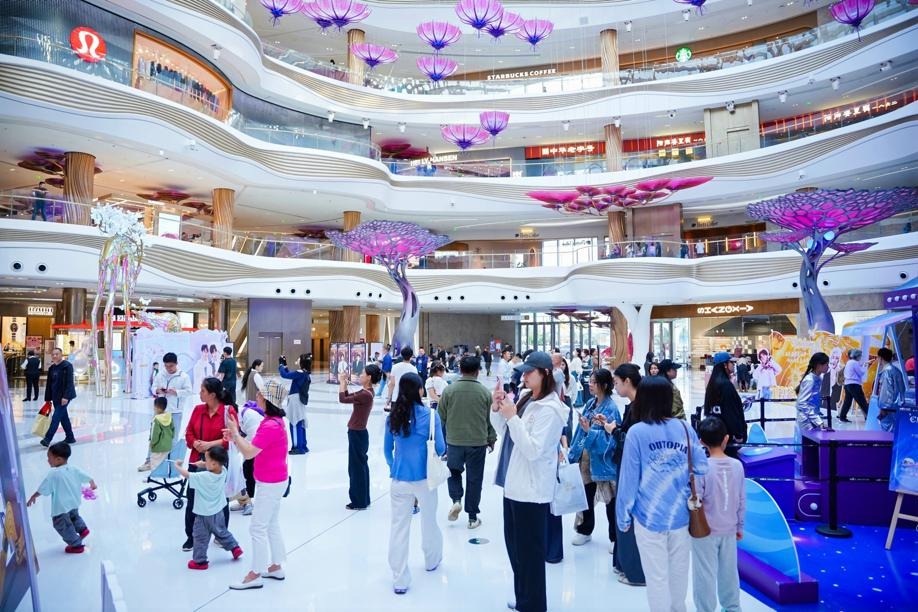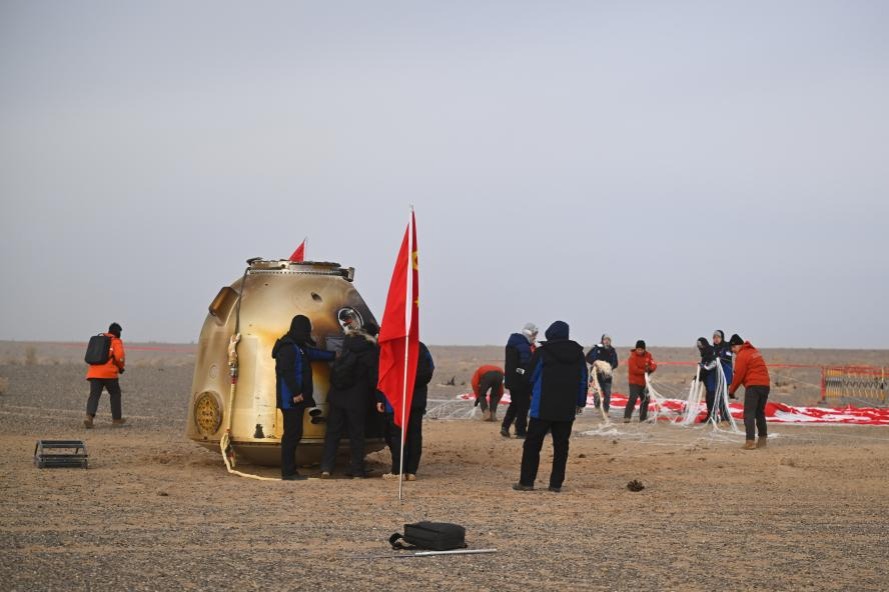West casts shadow over Africa's development


Potential for spreading progress hampered by instability and economic woes
After the unbearable heat of Ethiopia, I ended my trip to Africa in Egypt, where it was raining and comfortably cool almost every day.
The contrast between the two countries goes far beyond weather. Ethiopia is a landlocked country with a vast highland region in the interior while Egypt has a long coastline and is the gateway to Europe, North Africa and West Asia.
As one of the poorest countries in Africa, Ethiopia's per capita GDP is just one-sixth that of Egypt. In Ethiopia, taxis are pulled by donkeys or horses in some regions, while in Egypt, secondhand cars from Europe or Japan are used for that purpose.
But Ethiopia has registered an average of 10 percent economic growth annually during the past decade due to its opening to foreign direct investment and expansion of infrastructure construction, commercial agriculture and manufacturing.
Vigor has been injected into this fast growing economy by China's construction of Ethiopia's first highway and roads, a cross-border railway and light railway, and factories producing cement, sugar, and glass. Previously the population relied mostly on agriculture and foreign aid for subsistence.
In contrast, Egypt's growth rate, after two revolutions and regime changes, has been halved during the previous four years from an annual rate of nearly 5 percent before 2011. The economy is sluggish, foreign investment has fled and tourists are staying away.
In contrast to China's helping hand in Ethiopia, the United States has been blamed by nearly every Egyptian I met for the hardships they are suffering now. The superpower has been manipulating its influence in this geopolitically important country.
"Egypt is not a happy country," I read in The Egyptian Gazette, which was citing a UN-commissioned report that said Egypt had the greatest fall in happiness levels in comparison to previous years: On a scale of 1 to 10, Egypt garnered a score of 5.4 between the years 2005 and 2007, but averaged a score of 4.3 between the years 2010 and 2012. This places Egypt 130th among the 156 nations ranked according to their happiness ratings.
Egyptians are not alone. The unhappy country list also includes Tunisia, Libya, Algeria and other countries, which have suffered regime changes, civil wars and lasting protests and instability since 2010.
My visit to the two countries made me ponder Africa's future development.

In Egypt, while foreign investment is dwindling, Chinese investors are still seeking opportunities. I met the Chinese owner of a small plant in Suez, which mainly produces keffiyeh for men in Saudi Arabia.
The owner said the major production sites for the headdress have moved from the United Kingdom, to Japan, then to South Korea and then in the 1980s and the 1990s to China. Now, due to the cheap labor supply and closeness to the market, African countries are competing with other developing countries in the textile industry.
And it is not just the textile and clothing industry. China has invested in an industrial zone in Suez with more than 30 plants moving in. In Ethiopia, China has invested in plants producing leather and shoes, as well as auto assembly and steel plants. And along the highway, which China has built, real estate projects and new plants are being built.
Due to the rising cost of labor and other factors, some industries in Asia started to move to Africa at the beginning of this century. With Libya and Egypt taking the lead in North Africa, there was the possibility of other African countries following their lead.
However, this potential has been interrupted by the global financial crisis and the "Arab Spring", with progress replaced by instability and economic slowdown in North Africa.
While China has been creating opportunities and offering helping hands to African countries, the West and its allies have sought to instigate and manipulate civil unrest in their favor.
It is high time for the international community to sit down to help find pragmatic and cooperative ways to realize positive steps to development in Africa. In this regard, China has set a constructive example, compared to the destructive one of the West.
The author is China Daily's chief correspondent in Brussels. Contact writer at fujing@chinadaily.com.cn
(China Daily Africa Weekly 08/29/2014 page10)
Today's Top News
- China reports 5% GDP growth in 2025
- Return capsule of Shenzhou XX safely returns to Earth
- Sanya rises as magnet for Russian tourists
- China's steady opening-up for Asia-Pacific economic growth
- Blueprint seen as a boon for entire world
- 'Kill line' an inevitable outcome of US system





























